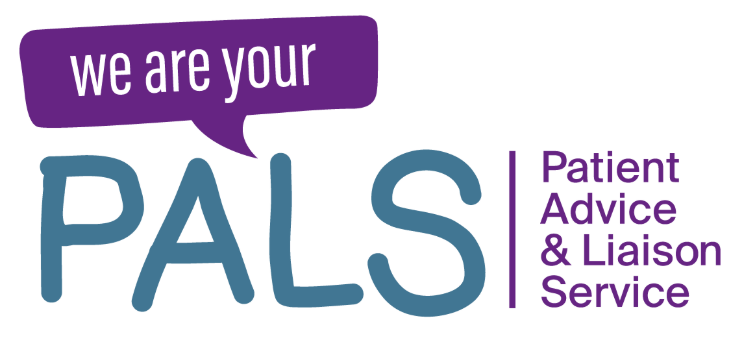PALS stands for Patient Advice and Liaison Service in the NHS. PALS acts as a key point of contact for patients, their families, and carers to provide support, advice, and assistance in navigating the healthcare system. The service is designed to ensure that patient voices are heard and that concerns are addressed promptly, helping to resolve issues and improve the overall patient experience.

Key Functions of PALS in the NHS:
- Providing Information and Advice:
- PALS helps patients, their families, and carers by offering information about NHS services, treatments, and policies. Whether it’s understanding what care options are available or explaining hospital procedures, PALS provides clear and accessible guidance.
- Listening to Concerns and Resolving Issues:
- If a patient or their family has concerns about their treatment or care, PALS provides a listening ear. The service is aimed at resolving issues informally and quickly, often without the need for a formal complaint. PALS can act as a mediator between the patient and the healthcare provider to address misunderstandings or worries.
- Helping with Complaints:
- For patients who wish to raise a formal complaint, PALS can guide them through the NHS complaints procedure. They assist in drafting complaints, explaining the process, and ensuring that patients understand their rights and options.
- Supporting Patient Feedback:
- PALS encourages feedback on NHS services, which can help healthcare providers improve care delivery. Patients can share their experiences, both positive and negative, with PALS to help influence changes and enhance the quality of services.
- Providing Support for Vulnerable Patients:
- PALS supports vulnerable patients, including those with disabilities, mental health conditions, or language barriers. They help ensure that these patients can access services and receive the care they need by liaising with healthcare providers to address specific challenges.
- Confidentiality:
- PALS offers confidential advice, which means that patients and their families can speak openly without fear of repercussions. The service ensures that patient information is handled with discretion, respecting their privacy.
Benefits of PALS:
- Quick and informal resolution: PALS helps resolve issues at an early stage before they escalate, preventing the need for a lengthy formal complaints process.
- Empowering patients: By providing advice and information, PALS empowers patients to make informed decisions about their care.
- Improving communication: PALS fosters better communication between healthcare providers and patients, improving trust and transparency in the NHS.
- Supporting continuous improvement: Feedback gathered by PALS can inform service improvements, ensuring that the NHS adapts to the needs of patients and communities.
How to Access PALS:
PALS is available in NHS hospitals, trusts, and other healthcare settings across the UK. Patients can usually find PALS offices or representatives in hospitals or contact them via phone, email, or the hospital’s website. Each NHS trust or hospital will have its own PALS team, and their contact details are often displayed in public areas such as waiting rooms and clinics.
